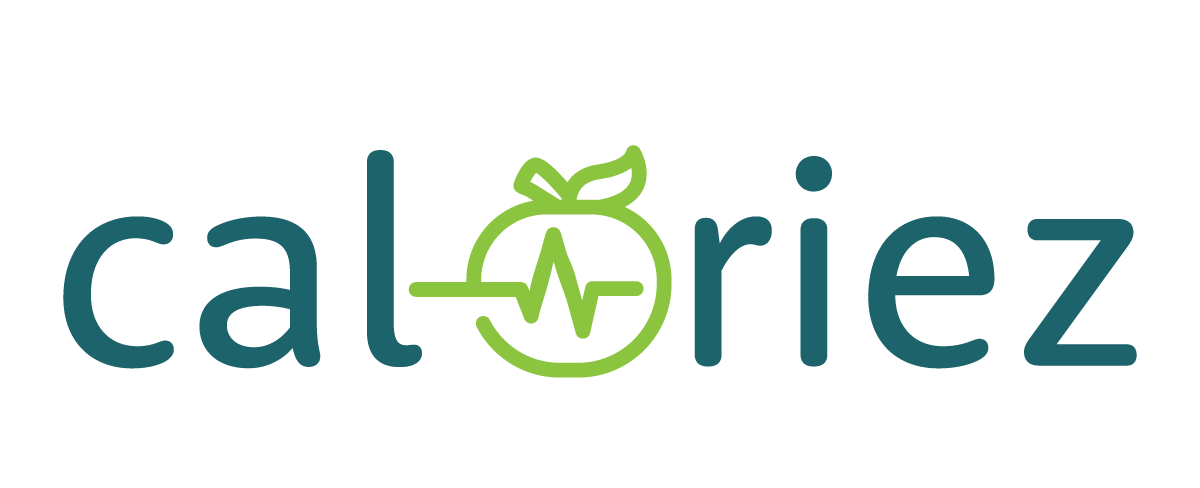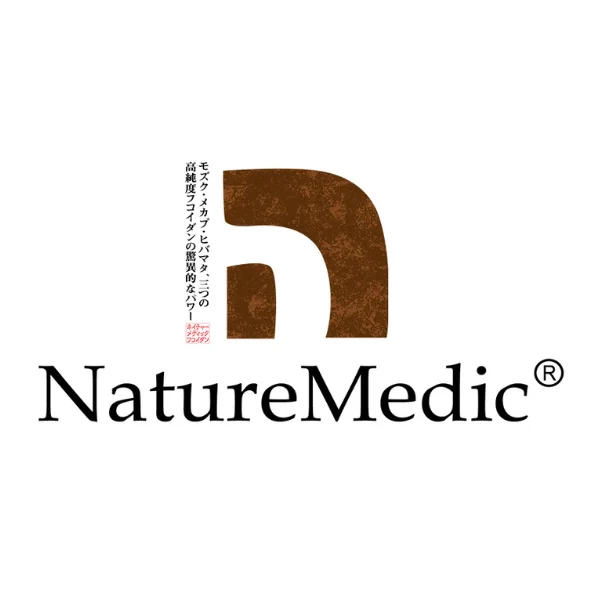For greater than a decade, Navindra Seeram, a biomedical researcher, has praised maple syrup, calling it a “hero ingredient” and “champion meals” that would have wide-ranging well being advantages.
Dr. Seeram, dean of the Faculty of Pharmacy on the College of New England, has printed greater than three dozen research extolling the facility of maple. A lot of his work has been bankrolled by Canada’s maple syrup business and the Canadian and American governments.
On the identical time, he has taken on one other position: maple syrup pitchman.
“I’m uniquely certified because the world’s main researcher on maple well being advantages with the scientific repute and credibility to advertise the gross sales of maple merchandise,” he has written in grant functions. He has assured leaders of the Canadian business that he would all the time assist maple from Quebec, based on emails obtained by means of a public data request.
As he straddles the realms of scientific inquiry and promotion, he has distorted the real-world implications of his findings and exaggerated well being advantages, based on a overview by The Examination and The New York Occasions of 15 years of his research and public statements. In movies and press releases, he has advised that consuming maple syrup could assist stave off ailments together with most cancers, Alzheimer’s and diabetes. Different scientists advised The Examination and The Occasions that they thought he had overstated his lab findings and made deceptive claims.
Business funding is commonplace in diet analysis and will turn into much more essential as scientists grapple with the Trump administration’s sweeping cuts. Dr. Seeram’s work reveals the perils of intertwining science and salesmanship, propelling info that may form shopper habits and public well being.
On the College of Rhode Island, the place he labored till final yr, Dr. Seeram oversaw initiatives that had been awarded $2.6 million in U.S. authorities funding, together with a grant explicitly meant to extend maple syrup gross sales. That promotional work produced a stream of social media posts like, “Maple Syrup’s Advantages: Anti-Most cancers, Anti-Oxidant, Anti-Inflammatory.”
In a video posted on YouTube in 2019, Dr. Seeram stated vitamins in maple syrup might “doubtlessly collectively stop and/or delay the onset” of situations resembling “heart problems, metabolic syndrome, ailments of the mind and so forth.”
However his research have discovered one thing extra restricted: that maple syrup accommodates small quantities of polyphenols, compounds in crops which can be usually thought of helpful. To exhibit their results, he examined extremely concentrated maple extracts in lab settings — not folks’s consumption of economic maple syrup.
Dr. Seeram advised The Examination that he believed within the energy of pure medicines, which had been a part of his upbringing in South America. And he defended how he had spoken about his findings: “Nobody can return to direct-quote from me to say, ‘It’s going to treatment most cancers, it’s going to treatment diabetes.’”
His conclusions usually embody hedging language — that maple syrup “could” or “might” have significant well being results — or disclaimers recommending additional examine. However a number of researchers stated that the caveats weren’t sufficient to counterbalance broad well being claims, and that Dr. Seeram had leaped too removed from lab findings to sensible functions.
“They’re framing it in a much more constructive mild than they need to,” stated Christopher Gardner, a diet researcher at Stanford.
In an interview, Dr. Seeram blamed a former colleague on the College of Rhode Island for stirring up what he stated was unwarranted scrutiny of his work. A college official stated the varsity had investigated and located no analysis misconduct.
At a maple business convention in October, Dr. Seeram described his work as making “it easy for Mother to grasp” that syrup is useful.
“We’ve got to persuade the buyer that this sugar is sweet for you,” he advised an viewers of maple farmers, and laid out attain the general public: Research like his could be printed in peer-reviewed journals, resulting in advertising and marketing and media protection and galvanizing customers to purchase.
The Quebec Maple Syrup Producers, an business affiliation that markets and regulates a lot of the world’s maple syrup, has lengthy funded Dr. Seeram’s work. The affiliation and the Canadian authorities have collectively supplied at the very least $2.8 million for his analysis, based on a 2019 grant utility. The affiliation disputed that determine however wouldn’t present particulars; neither would Dr. Seeram.
The affiliation has additionally employed him for consulting and what it termed “PR actions” for at the very least a decade, based on emails and invoices. In 2023, his charges totaled $37,000, emails present.
In response to one in all a number of emails from affiliation officers thanking him for his work, he wrote in 2018 that he would “all the time work to seek out methods to advertise maple merchandise from Quebec.”
The maple affiliation approached him in 2009, after the homeowners of POM Fantastic had funded and used a few of his analysis on pomegranate to advertise their juice in the course of the pomegranate craze of the 2000s. (The Federal Commerce Fee later issued a cease-and-desist order accusing the corporate of creating deceptive or false claims, primarily based partially on a examine he coauthored.)
Although Dr. Seeram had not beforehand researched maple, he advised The Examination he was intrigued as a result of he had lately moved to the Northeast, the place it is a vital agricultural product. Over the subsequent couple of years, Dr. Seeram introduced he had found dozens of polyphenols in maple syrup, together with one his staff named Quebecol.
Based mostly on his lab checks of concentrated compounds, he started suggesting that maple syrup had wide-ranging functions for human well being.
“Maple syrup is changing into a champion meals,” he stated in a 2011 press launch. “A number of of those compounds possess antioxidant and anti inflammatory properties, which have been proven to battle most cancers, diabetes and bacterial diseases.”
However specialists say the low ranges of those compounds in syrup are unlikely to enhance well being. Dr. Seeram acknowledged in interviews that an individual must devour gallons of maple syrup to get the dietary equal of the extracts. He famous, as he usually has, that he isn’t encouraging anybody to devour extra sugar, merely to decide on maple syrup over alternate options.
The U.S. Division of Agriculture, one other necessary benefactor, awarded greater than $2.6 million for Dr. Seeram’s work. This included almost $500,000 in 2017 to check whether or not maple syrup extract might enhance the well being of overweight mice. Their well being didn’t enhance, and in some instances worsened, based on examine findings cited by a authorities web site and a pupil dissertation. The outcomes weren’t printed in an educational journal. Dr. Seeram, who in latest weeks stopped responding to queries from The Examination and The Occasions, didn’t reply questions on this examine.
In 2018, the united statesD.A. awarded $500,000 to a bunch led by Dr. Seeram for a promotional marketing campaign that might showcase maple analysis on a College of Rhode Island web site. Dr. Seeram’s grant utility stated he could be chargeable for translating the science into “lay-friendly terminology.”
The web site, overseen by his staff, known as maple syrup “immensely wholesome for you.” And although it carried disclaimers that extra analysis was wanted, it made deceptive statements connecting research of reduced-sugar maple extract to the consumption of maple syrup, resembling: “Did you ever suppose that you could possibly battle excessive blood sugar with some issues as sugary and scrumptious as maple syrup?”
It additionally stated the Quebecol compound might turn into a “potential most cancers prevention drug,” noting that it regarded “remarkably related” to the breast most cancers drug Tamoxifen — a comparability Dr. Seeram has additionally made in displays.
In interviews, three most cancers researchers known as this comparability deceptive. Geoffrey Greene of the College of Chicago stated it was like anticipating the brother of a live performance violinist to even be a live performance violinist as a result of they regarded related.
When requested why he has used his analysis to advertise maple merchandise, Dr. Seeram stated he was merely fulfilling the phrases of the federal government grant. A U.S.D.A. spokeswoman stated the College of Rhode Island was chargeable for the web site’s claims.
The college wouldn’t touch upon the analysis. After inquiries from reporters, the web site was taken down. The college stated this was a part of a broader effort to take away dormant pages.
One in all Dr. Seeram’s research concerned giving maple syrup extract to genetically modified worms to look at Alzheimer’s-related results. His staff noticed that some worms fared higher, however on common they had been worse off. However, the top-line abstract in Dr. Seeram’s paper, printed in 2016 by the journal Neurochemical Analysis, ignored the damaging outcomes and stated the syrup extract “confirmed protecting results” for the worms.
An business affiliation press launch stated maple syrup extract had extended the worms’ lives — although on common they died sooner — with a disclaimer that extra analysis was wanted. That nuance was misplaced in headlines in Canada, India, England and the US proclaiming that maple syrup might defend in opposition to Alzheimer’s.
Christopher Hyperlink of the College of Colorado Boulder, who pioneered Alzheimer’s analysis on that type of worm, criticized the examine, citing the shortage of fundamental particulars just like the variety of worms examined and whether or not the experiment had been replicated. Dozens of plant extracts have produced constructive leads to related experiments, Dr. Hyperlink stated, however that doesn’t imply they’ve real-world functions.
In a press release, Julie Barbeau of the maple affiliation stated it adheres to strict ethics guidelines and has had “no affect in any way” on the scores of analysis initiatives it has backed.
At the least a dozen of Dr. Seeram’s papers that the maple affiliation says it funded didn’t disclose that relationship. Additionally not disclosed in his papers: his paid guide position and a Canadian maple extract patent that names him and Ms. Barbeau as co-inventors.
Six publishers of Dr. Seeram’s work stated they require authors to declare potential conflicts of curiosity. Dr. Seeram didn’t reply to questions on his disclosures.
In public statements, he has acknowledged receiving monetary assist from the maple affiliation. And in earlier interviews, he stated that business funding is important, as a result of different analysis {dollars} are scarce. He additionally defended his patents, saying, “The motive force right here will not be for me to get wealthy.” The maple affiliation stated it was defending its mental property.
Final yr, the affiliation hailed a brand new examine, which it funded, because the “first human medical trial” of maple syrup.
Members changed a small quantity of sugar of their food plan with maple syrup — as an example, to sweeten espresso. The scientists advised Newsweek that the outcomes, printed in The Journal of Vitamin, confirmed that maple syrup improved measures of blood sugar, blood stress and fats, and would possibly assist decrease the danger of diabetes and heart problems.
Dr. Seeram, who was not an writer of the examine, stated the outcomes validated his work.
However three impartial specialists who reviewed the analysis stated the conclusions had been overstated — emphasizing a couple of constructive outcomes amongst dozens of measures — and the examine appeared to point out no significant distinction between maple syrup and refined sugar.
“They took it too far,” stated Kimber Stanhope, a dietary biologist on the College of California, Davis.
The lead researcher, André Marette of Laval College, stated that whereas the variations between maple syrup and refined sugar had been “modest,” they had been significant. By means of a public relations agency employed by the business affiliation, he stated, “We had been cautious to state that the medical relevance of the work will must be additional substantiated.”
Within the meantime, the findings have reached most people. “Candy!” effused a headline in a girls’s journal final fall. “Maple Syrup in Espresso Might Assist You Lose Weight.”
Mago Torres contributed reporting.




